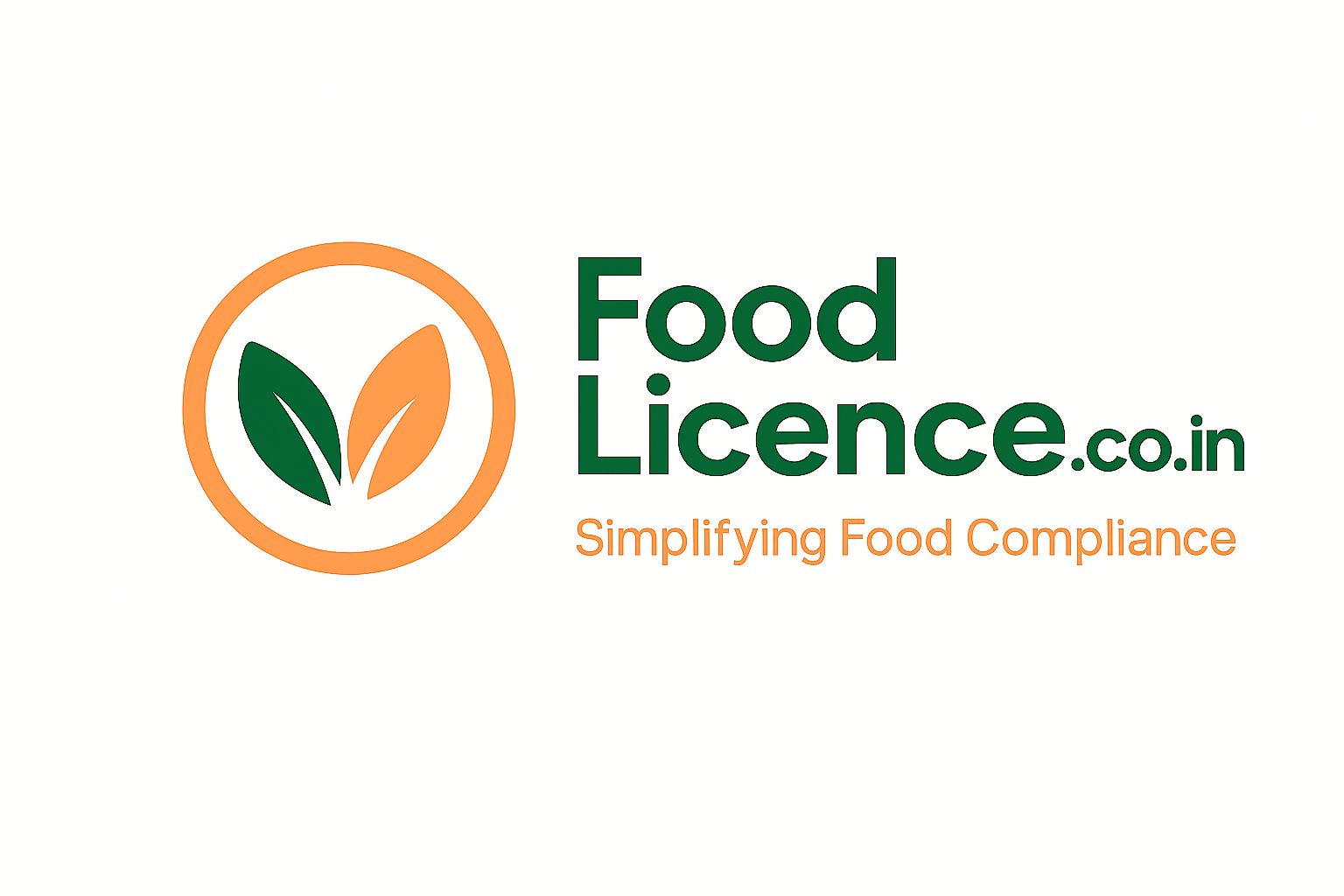
When the Government made it mandatory for every Food Business Operator to register with the FSSAI, they were more than happy to coordinate the process, handle inspections and make sure that there were standardisations across the board. However, as time went by, they realised that they could not coordinate and deal with all the establishments coming up in every state across the country. While this was manageable in some states, it was getting tough in others where they did not have a large enough workforce to coordinate.
Food regulators noticed an improvement in food safety in states like Uttar Pradesh, Gujarat, Kerala, Madhya Pradesh, Punjab, Tamil Nadu, Bihar, Jammu and Kashmir, Delhi and Chandigarh. Although this was the case, there were a lot of states that were not performing as well.
FSSAI stated in a statement that many of the poorly performing states were unable to put in place full-time staff for food safety, without having proper labs. Food regulator analyses total 106,459 samples across the country and find over 15.8% food samples as sub-standard, 3.7% unsafe and 9% mislabelled during the year 2018-19
Businesses are any private or public undertaking, carrying out activities relating to any stage of manufacture, processing, packaging, storage, transportation, distribution of food, or importing foods comes under their umbrella. It also includes establishments that deal in food services, sale of food, or food ingredients. These establishments have a tonne of roles and responsibilities to follow to ensure food safety in their business.
Registering with the FSSAI implies that a company needs to apply for a food licence, and there are three types of food licences that they can apply for. These depend strictly on their annual turnover and their plans of expansion across India.
While State licences and Basic licenses are issued by the respective state authorities, Central licences are usually issued by the National level office. The FSSAI has its headquarters at New Delhi with six regional offices in Delhi, Guwahati, Mumbai, Kolkata, Cochin, and Chennai.
Broadly explained, there are four steps in the FSSAI license registration procedure.
The FSSAI does not provide lifetime licences, so they have to be renewed regularly if the company wants to continue working on their business. To continue running the business, they need to renew their licence before its expiration. If the date of the food license expiry is nearing, the FBO should begin working in the renewal process since it takes about 60 days to get done. They also have a rule about beginning 30 days before expiration.